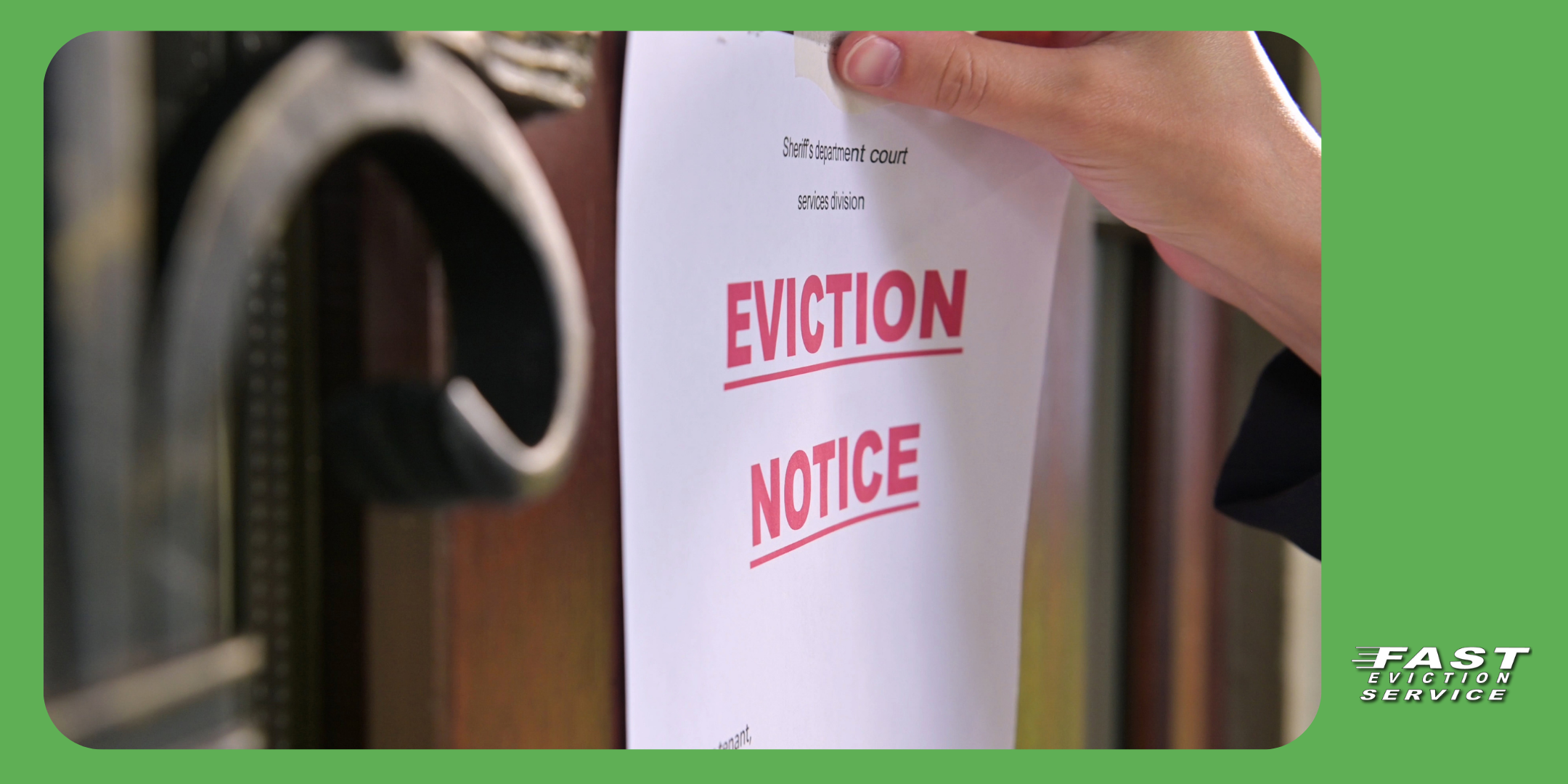Updated 10/23/24
A new law takes effect in California September 1, 2019 that can give tenants more days to respond to a landlord’s eviction notices and court summons.
Currently, when a landlord gives a tenant a 3 Day Notice to Pay Rent or Quit, the 3 calendar days are counted starting the day after the notice is served. A landlord who wants to bring a legal action to regain possession of his property must file a complaint and serve the tenant with a notice of court summons in which case the tenant has five days to respond.

The new law AB 2343 changes calendar days to court days to ensure that weekends and holidays are not counted under the timeline tenants have to respond to an eviction notice, or breach of rental or lease notice. Additionally, after September 1, 2019 Saturdays, Sundays and Holidays will be excluded from the calculation of when a response to an Unlawful Detainer Summons and Complaint will be due before a default judgment against the tenant can be taken.
Related: Everything you must know about 3 day notices
AB 2343 was brought by tenants rights organization that said landlords unfairly serve a 3 Day Notice to Quit on a Friday when tenants are unable to consult with legal representation over the weekends or holidays denying them full legal recourse.
This new law could add up to two to three days after the Notice has been served before a landlord can file the eviction lawsuit in a California Court of Law. However, if landlords serve a 3 Day Notice to Quit on a Monday or Tuesday during a week in which there are no holidays, there is no change in the amount of time tenants have to respond.
This only gives tenants more time to delay the eviction process depending upon the day the notice is served.
Frequently Asked Questions
Does a 3 day notice to pay or quit include weekends in California?
In California, weekends and court-recognized holidays are not counted in a three-day notice to pay or quit under the new law. This means if you serve a tenant a notice on a Friday, the clock doesn’t start until Monday (assuming no holidays fall in between). The three days only include business days, which gives tenants a bit more time to respond before facing further legal action.
It’s important to be mindful of this change to avoid mistakes and potential delays in the eviction process.
How to count 3 Day Notice in California
Here’s an example. Let’s say you server your tenant a 3 day notice on Thursday. Friday would be DAY 1, Monday would be DAY 2 and Tuesday would be DAY 3. You can file for an eviction in court as of Wednesday, DAY 4.
When does a 3 Day Notice start?
Day one is the following business day (not including weekends or holidays.)
What can void a three day notice?
A three-day notice in California is typically used to demand rent or to cure a lease violation. However, certain mistakes can void this notice, making it legally ineffective. Here are the common reasons:
- Incorrect Service: If the notice isn’t properly served (personally, posted, or mailed), it’s invalid.
- Insufficient Information: Missing key details like the exact amount owed or the specific lease violation can void the notice.
- Demanding Too Much Time: Providing more than three days to comply can invalidate the notice, especially with the recent changes in how days are counted under new California law.
- Incorrect Days: Not accounting for weekends and holidays correctly under the new rules can also void the notice.
In short, attention to detail is critical to avoid delays and keep the eviction process on track.
How to respond to a 3 day notice to quit in California
If you receive a 3-day notice to quit in California, you have a few options, depending on the reason for the notice:
- For unpaid rent: Pay the full amount within the three-day period (excluding weekends and holidays under the new law). This will cancel the notice and prevent further action.
- For lease violations: Correct the issue within the three days if possible, such as removing an unauthorized pet or fixing another violation.
- Dispute the notice: If you believe the notice is invalid (e.g., incorrect amount or improper service), you can contest it in court.
- Move out: If neither of the above options works, you can vacate the property within the given time.


